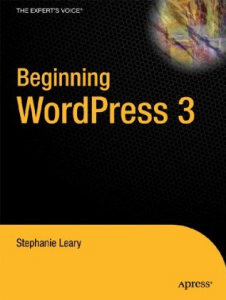Cory Doctorow has written a smart piece for Locus on improving PR in the publishing industry.
Most contemporary sales, marketing, and PR organizations outside of publishing use some kind of Customer Relationship Management (CRM) software to coordinate their activities. Fundamentally, these are just databases that record all the different interactions that the company has with the people with whom it does business. […] Right now, this stuff all lives in separate word-processing files and spreadsheets in different departments’ hands, which results in all sorts of bizarre occurrences that I see firsthand.
Accounting is pretty awful, too, but PR is the most visibly antiquated part of the industry.
This is the part I have a hard time explaining to well-meaning people who ask how my book is doing:
But a few lucky times, I was able to score a few free minutes for a meal or a conversation with friends, and the number-one-champion frequently-asked-question they asked me was, “How is the book doing?”
The honest answer to this is, “We’ll know in two to six months.”
That’s because bookstore sales are not reported to the publisher in real time. The reports are quarterly, which means the author sees the numbers the quarter after that, when the royalty statement shows up. Amazon’s Author Central provides some insight via BookScan, but even that is pretty vague, and delayed a week.
I remember Tobias Buckell and Teresa Nielsen Hayden discussing this on Twitter a couple of months ago; he pointed out that while many publishers are now asking authors to do a lot of their own publicity, the authors have so little data to work with (and none of it in real time) that they are the least well-equipped people in the publishing chain to evaluate which of their PR efforts are effective.
Back to Cory:
Even e-book reporting is frustratingly opaque: e-book retailers know which sites refer customers to their purchase pages, know those readers’ demographics and other purchases, understand which search terms direct the most traffic, and which subset of those terms generates the most sales. Publishers get little to none of this data. If I was negotiating with Amazon, Apple, Google, and Kobo, my top request would be realtime access to anonymized aggregate data from these services.
Yep. Access to live sales data from the ebook retailers (though not all the other analytics they have) is yet another thing that’s making self-publishing so attractive to marketing-savvy writers.




Leave a Reply